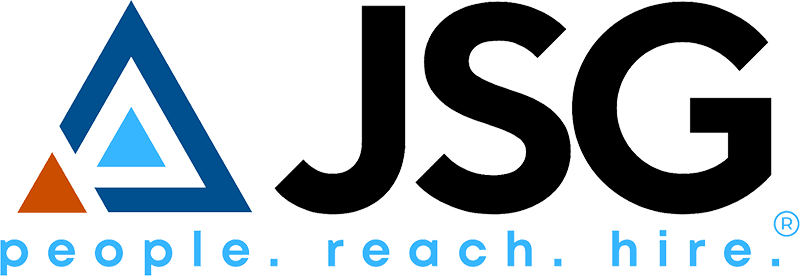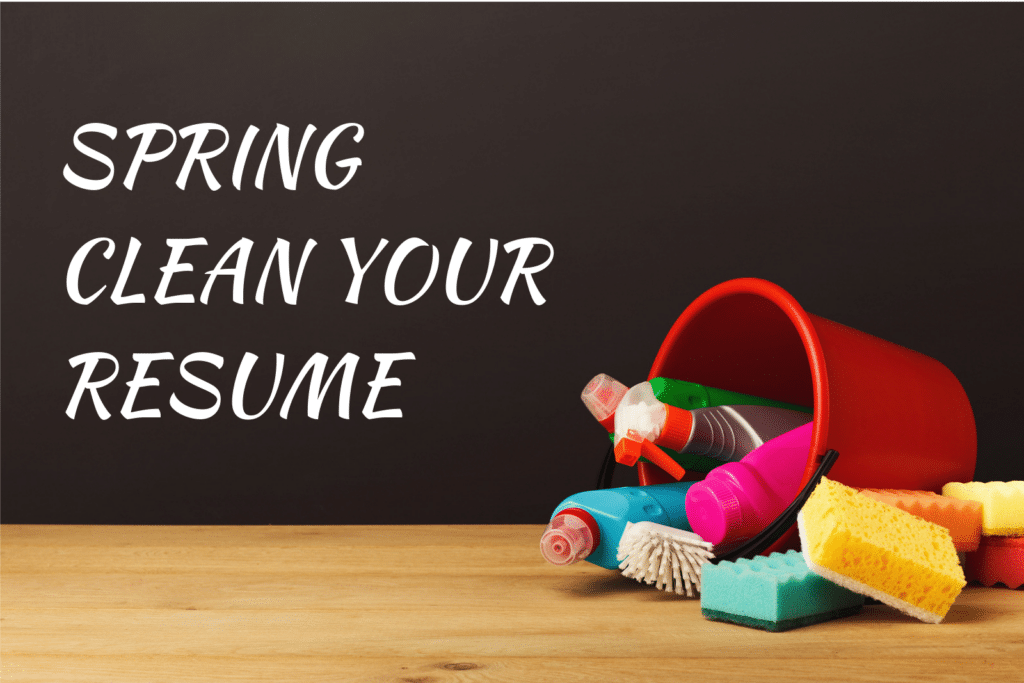Last week was the first day of Spring. The sun is finally shining, and we are finally seeing some better weather. This is the time of year when most Americans take some time to deep-clean the house, car, or yard to get ready for summer. However, have you ever thought about sprucing up that resume of yours?
If you don’t update your resume regularly, it can be difficult to try and remember all of the great things you accomplished three, six, or even 12 months ago. So while you’re in the cleaning spirit, here’s how to give your resume a good spring cleaning!
Remove that resume objective
Honestly, resume objectives are a waste of space and can distract hiring managers or HR from the rest of your resume. “I am a hard-working individual seeking a long-term career in the Healthcare industry with opportunities for career growth.”
This example, and like the majority of other resume objectives, says nothing about you as a professional. I am sure you are a hard worker looking for a new job. But so is everyone else. Instead of an objective, illustrate your passion and skills throughout your resume with concrete examples and figures.
Review your work history
You should take a close look at your work history every time you update your resume. There is a debate over how much work experience you should include. Some people think you should only limit your work experience to the past 10 or 15 years. However, if you’re well into your career, you may be doing yourself an injustice by cutting work history just to save space.
A good rule of thumb is if it’s relevant to the job you’re applying for, keep it on there. Now, you should go through each part of your career and tweak, add, or remove duties and achievements when necessary. But don’t just remove valuable work history because of an unwritten rule.
Eliminate some of your personal information
We’re almost a quarter of the way through 2019. In this day and age, we can leave out some of our personal information on our resumes. You no longer need to include your address on your resume. After all, you’re not mailing your resume in to submit for a job. All you truly need is your first and last name, your email address, and your phone number.
Besides, if you include your address on your resume, you may be filtering yourself out of consideration without even knowing it. If you apply for a position out of state or in a different city, you may not ever hear back if they assume you require relocation and the employer isn’t offering one.
Also never include your references on your resume. The last thing you want to do is include a reference without their knowledge. And if one of your references is from your current employer, the last thing you want is for the word to get out that you’re passively looking for a new job. Besides, an employer won’t even check them until further along in the hiring process.
Refresh your LinkedIn profile
Your LinkedIn profile is essentially your online resume. Your resume has your work experience, accomplishments, certifications, and a little bio about you. More and more people are beginning to include their links to their LinkedIn profiles on their resume. And recruiters, human resources professionals, and the like use LinkedIn to find candidates for their open positions.
Use your profile as an opportunity to share a little bit more about you professionally, personally, and show a little bit of your personality. It can be difficult to get the full picture of a candidate on their resume. But your LinkedIn profile is your time to show off your personal brand as well as a more detailed account of your career.





